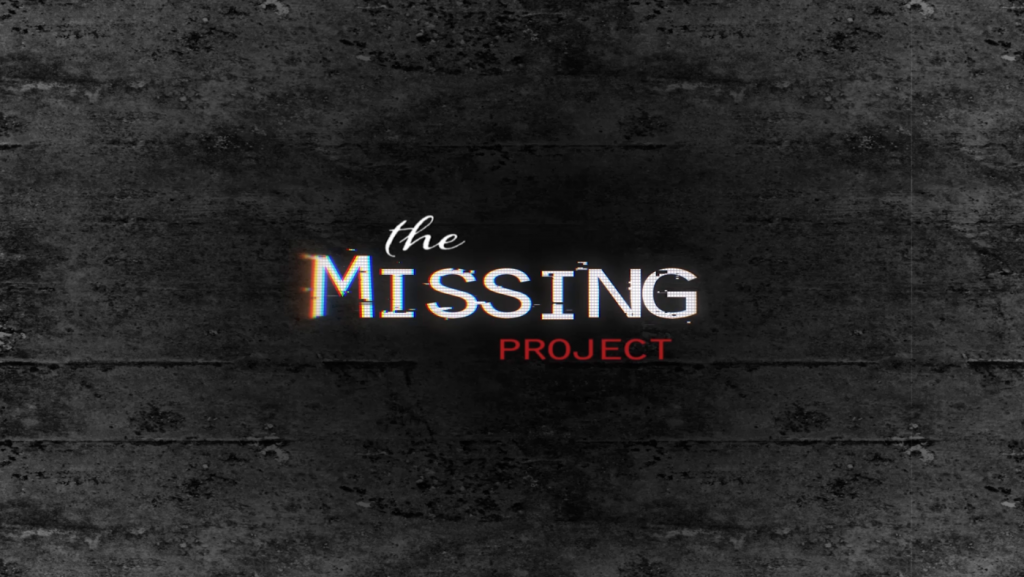Blog Post
New documentary tells the story of Canada’s abortion debate
By Jonathon Van Maren
Filmmaker Ryan Stockert’s new documentary The Missing Project is quite literally a unique one, the first such film that attempts to take a close look at not only the abortion debate in Canada, but at the Canadian pro-life movement, the internal debates and disagreements, and the impact of abortion on many ordinary Canadians as well. The Missing Project is an ambitious documentary, and manages to pack an enormous amount of information into a film scarcely longer than an hour.
The film is a follow-up to the first part of a project designed to commemorate and reflect on fifty years of legal abortion from the perspective of what we are missing and what we have lost since abortion was first decriminalized in 1969. The first part featured fifty short testimonial videos from a wide range of pro-life activists, post-abortive fathers and mothers, and medical experts. (For full disclosure, I was interviewed for the Project, as were two of my colleagues at the Canadian Centre for Bio-Ethical Reform.)
The film itself, which will be released online from June 30 to July 2, begins with a whirlwind history from Pierre Trudeau’s 1969 Omnibus Bill to abortionist Henry Morgentaler’s crusade to bring fully legal abortion to Canada. At one point, I spotted an elderly pro-choice activist who was still protesting pro-life events as recently as this year crop up behind Morgentaler is some archival footage: Carolyn Eggen of the Ontario Coalition for Abortion Clinics. (The history of Morgentaler’s movement, if anyone is interested, can be found in Catherine Dunphy’s fascinating book Morgentaler: A Difficult Hero.)
One of the aspects of “missing” that the documentary focuses on is Canada’s missing law, as we are the only democracy in the world with no restrictions on abortion. Andre Schutten of ARPA pointed out that in our post-Christian society, we now base our morality primarily on laws—and that our absence of any laws stigmatizing abortion as a moral wrong has assisted in creating a cultural attitude towards abortion that sees it as a medical procedure of no moral consequence. Our current prime minister, Justin Trudeau, has taken that a step further and likes to present abortion as something to celebrate.
The documentary also covers the debate surrounding Prime Minister Brian Mulroney’s Bill C-43, which attempted to strike a compromise between the pro-life and pro-choice positions. Stockert interviews Campaign Life Coalition’s Jim Hughes, REAL Women of Canada’s Gwen Landolt, and several other pro-life veterans on why they opposed the bill. In essence, they said, they believed that Bill C-43 would not have saved any lives, and that as a result it was necessary to defeat the bill and push for something better. The loopholes in the legislation, they pointed out, made it a functionally useless bill.
To detail the other side of the debate, Stockert spoke with Paul Racine, a staffer working with Progressive Conservative MP Benno Friesen (MP from 1974-1994). Benno had been commissioned by Mulroney to work with the pro-choice chair of the committee, and Racine says the prime minister told Benno that this would be the last opportunity Parliament would have to vote on the issue, and to ensure that it was both a compromise as well as something that would survive a court challenge. Cabinet papers from this era declassified in 2013 highlight a contentious debate within the PC caucus, with some ministers pushing for a bill that would have jailed abortionists for up to ten years and others pushing for virtually no restrictions whatsoever.
Racine says that the CMA surveyed doctors and that two thirds of abortionists would have stopped practicing due to liability issues if Bill C-43 passed. Some pro-lifers countered that by pointing out that the legislation essentially permitted any woman to have an abortion. Pro-choice and pro-life activists lobbied MPs to vote against the bill, and Racine says that his most vivid memory of this bizarre political scenario was of three pro-life women and three pro-choice women tallying up the votes in the Senate, and both groups leaping to their feet to cheer when the Senate bill died on a tie vote of 43-43. In an undeniably powerful moment in the film, Racine puts his head in his hands and weeps.
“We thought the government would bring in a more solid piece of legislation, but that didn’t happen,” Landolt told Stockert. Landolt also co-authored a fascinating book in 2017 titled Pierre Elliott Trudeau’s Great Betrayal, which painstakingly details the legalization of abortion in Canada, and is a must-read for those interested in the history of the Canadian pro-life movement. In his 2012 book Standing on Guard for Thee: The Past, Present, and Future of Canada’s Christian Right, historian Dr. Michael Wagner calls Landolt one of three essential players throughout some of the nation’s most contentious moral debates, along with Rev. Ken Campbell and Albertan journalist Ted Byfield.
Moving past the history, Ryan Stockert sits down with representatives of nearly every pro-life organization in the country: Mike Schouten of We Need A Law, Jeff Gunnarson of Campaign Life Coalition, Alissa Golob of Right Now, John Hof of United for Life BC, Anastasia Bowles of LifeCanada, Kristine Kruszelnicki of Secular Pro-Life, Laura Klassen of Choice42, Ruth Shaw of National Campus Life Network, and more. They discussed the violence pro-lifers face, sidewalk counselling in front of abortion clinics, political strategy, pro-life tactics, and censorship of the pro-life view. One Member of Parliament, Cathay Wagantall, also discusses the role of politicians in the war for pre-born human rights.
There are horror stories, too. Both men and women describe how abortion cut out a piece of their hearts, and how for some of them, the suffering they endure as the result of their missing children lingers with them even decades later. There is the story of a little girl, Ximena Renaerts, who was left to die after a failed abortion. There is the men who couldn’t save their children from abortion because they had no rights, and women who had abortions because they felt they had no choice. And intertwined throughout these testimonies is the stories of the pro-life activists, some battle-hardened veterans, others new to the fight, who have spent decades trying to stop it all.
When I asked Stockert what impacted him the most as he traveled across the country to interview members of the pro-life movement and those impacted by abortion, he said that it was “the sacrificial stories of people giving up their own lives, their own reputations, their own safety to stand up for the women and babies that this world wants to destroy. The activists on the streets getting beaten, the guy who dumpster dives to rescue aborted babies and give them a proper burial, the women who stood up against all the pressures of the medical community to fight for their babies, and the heroic women who have found healing and now boldly share their broken stories in the hopes of saving lives.”
I know precisely what he means. The abortion wars are ugly, messy, and even those fighting for the babies don’t always agree with each other. But it has been my privilege to know and fight alongside most of the men and women in this film, and I am glad that there is a documentary that tells their stories as well as that of the four million missing children we have been robbed of by the abortion regime first imposed on us by the first Trudeau to inhabit 24 Sussex. I’d encourage anyone who wants to get to know the history, the movement, and the missing pieces of our culture to give this film a watch. You won’t regret it.








